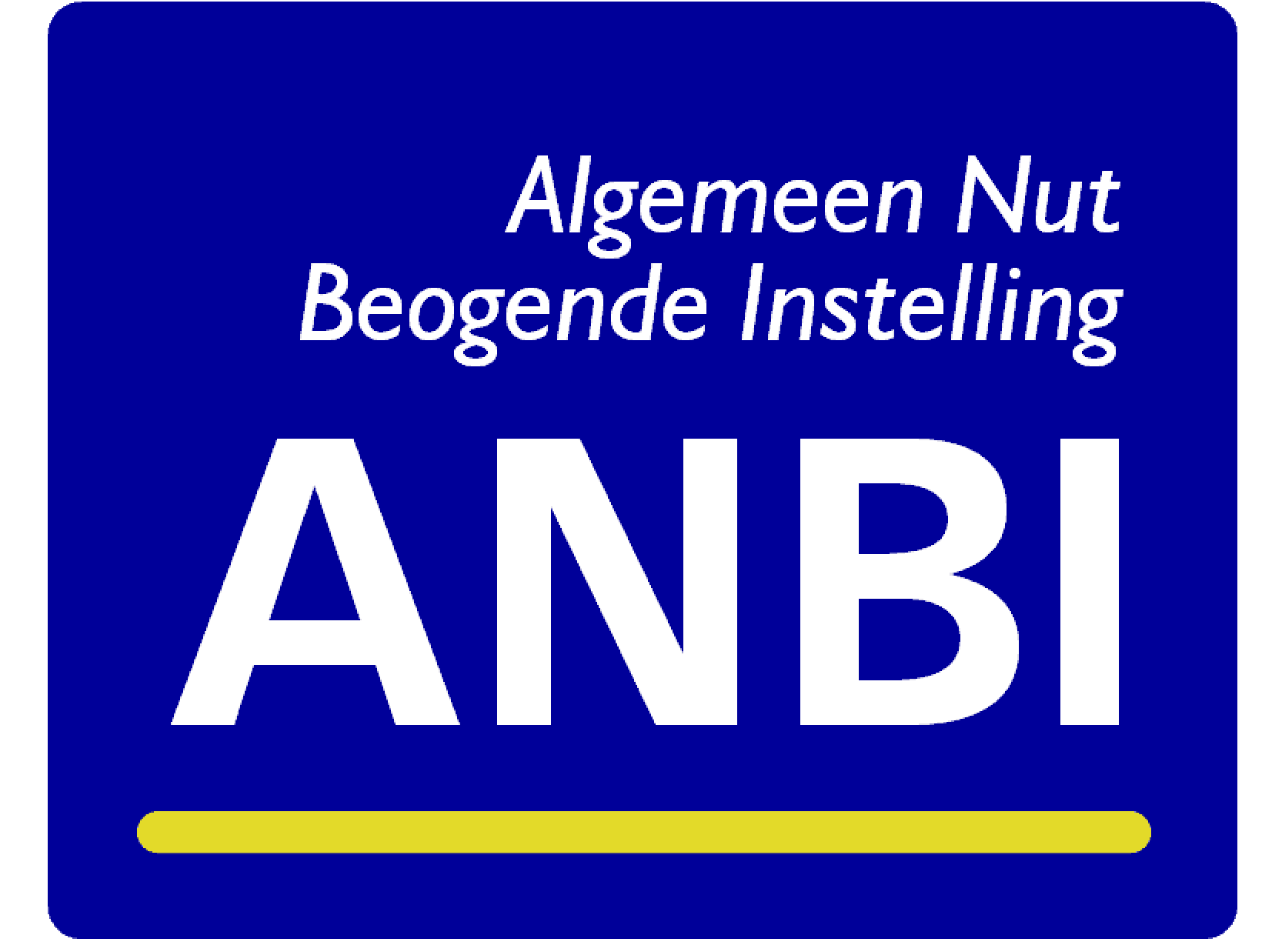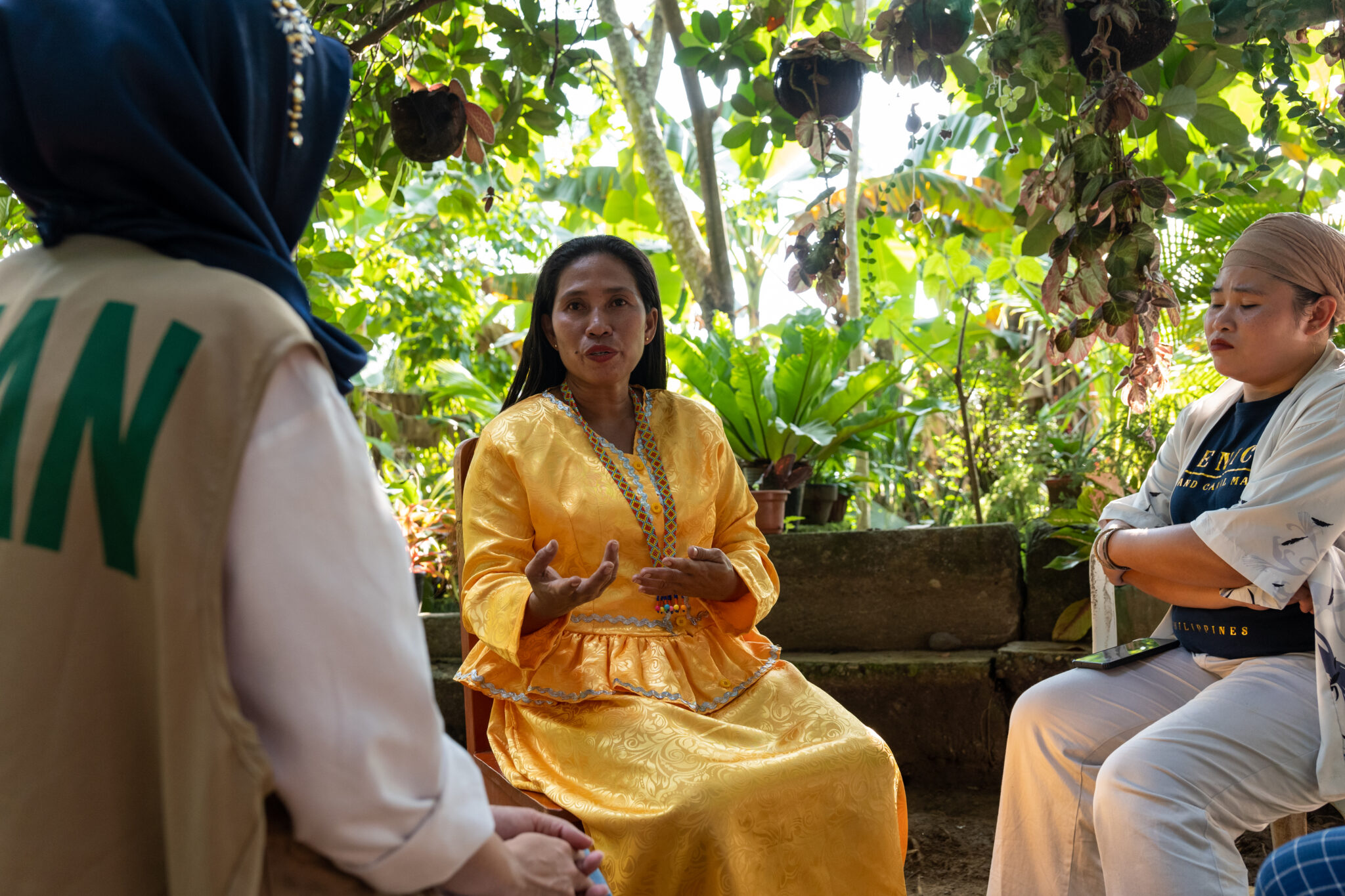

Tense relations and lack of trust in Mindanao
The relations between the Moro, Indigenous and Migrant communities (the ‘tri-peoples’) in Mindanao are tense. There is a lack of trust between the groups and existing prejudices against one another result in scapegoating. Negative convictions about each other result in exclusion, mistrust and violence. In addition, these convictions also influence local decision-makers and affect the measures taken to counter or prevent conflicts.
Our strategy
- Addressing harmful beliefs about ‘the other’ that are passed on from one generation to another
- Creating supportive relations between the three groups and foster cooperation and empathy
- Promoting inclusive decision-making at local level to include the tri-peoples voice
What do we do to address the problem
We bridge the divide between the tri-peoples in Mindanao, by focusing on the tense relation between the Moro, Indigenous and Migrant communities that lead to exclusion, mistrust and violence. Next to that, we work on making local decision-making and conflict resolution more inclusive, participatory and as a result sustainable. Our programme serves the dream of a ‘peaceful and inclusive Mindanao where the tri-peoples enjoy constructive interfaith and interethnic relations and trust’.
Mensen met een Missie and its local partners focus on:
Convictions – We challenge harmful norms and narratives that people within a group hold about ‘the other’.
Connections – We foster interaction between the tri-people, with a focus on hard-to-reach and segregated communities.
Conditions – We further tri-peoples inclusion in decision-making processes at local level. We strengthen the capacities and constructive mindset of marginalised groups and local government officials.
Capabilities – We support our allies and tackle hurdles for them, so they can become full-fledged agents of change. These champions will help us in addressing harmful narratives, build tri-peoples relations and promote inclusive decision-making.
Want to know more?
Would you like to find out more about this programme? Contact us via the button below.



